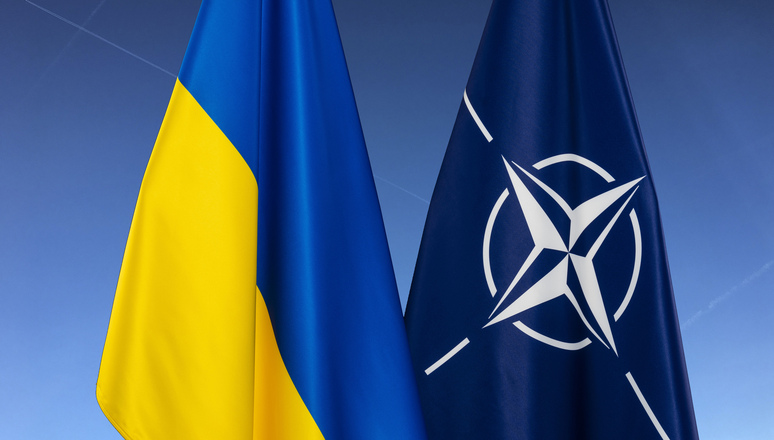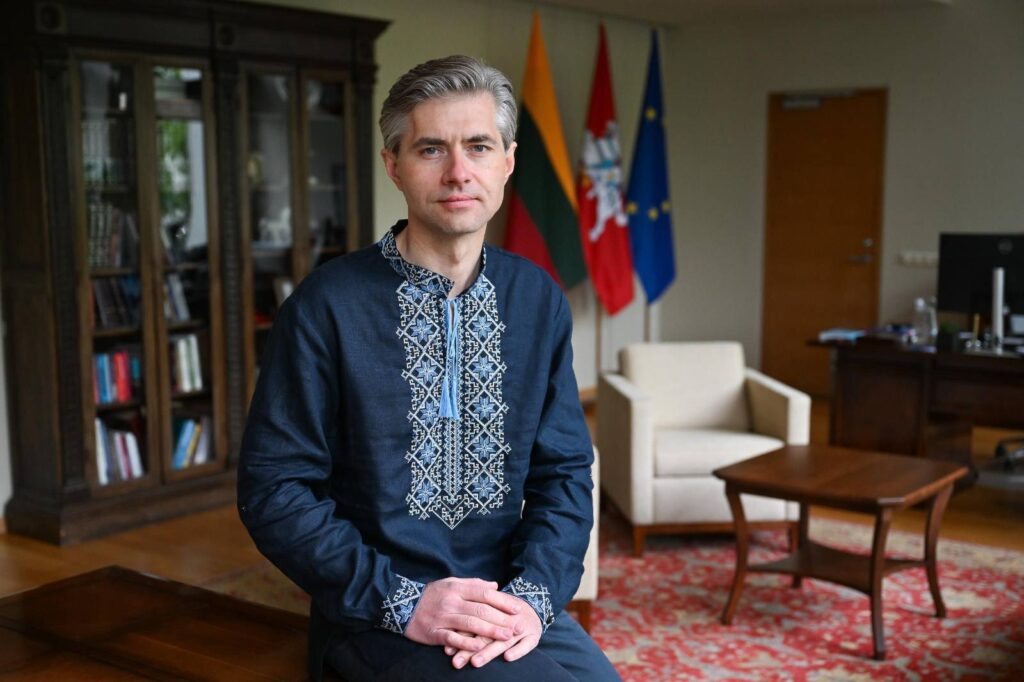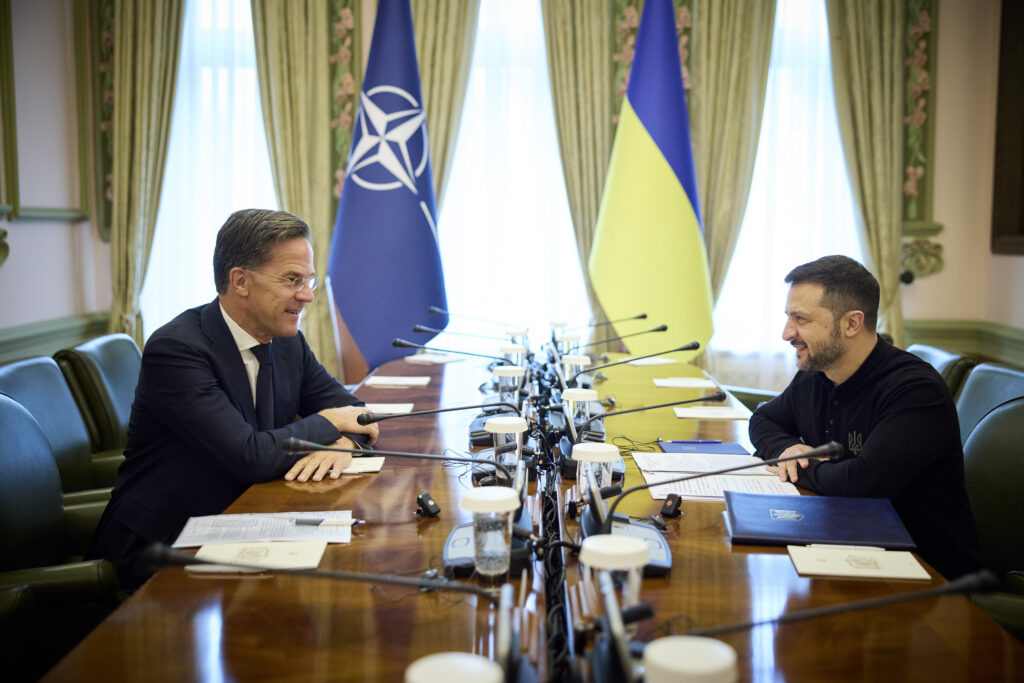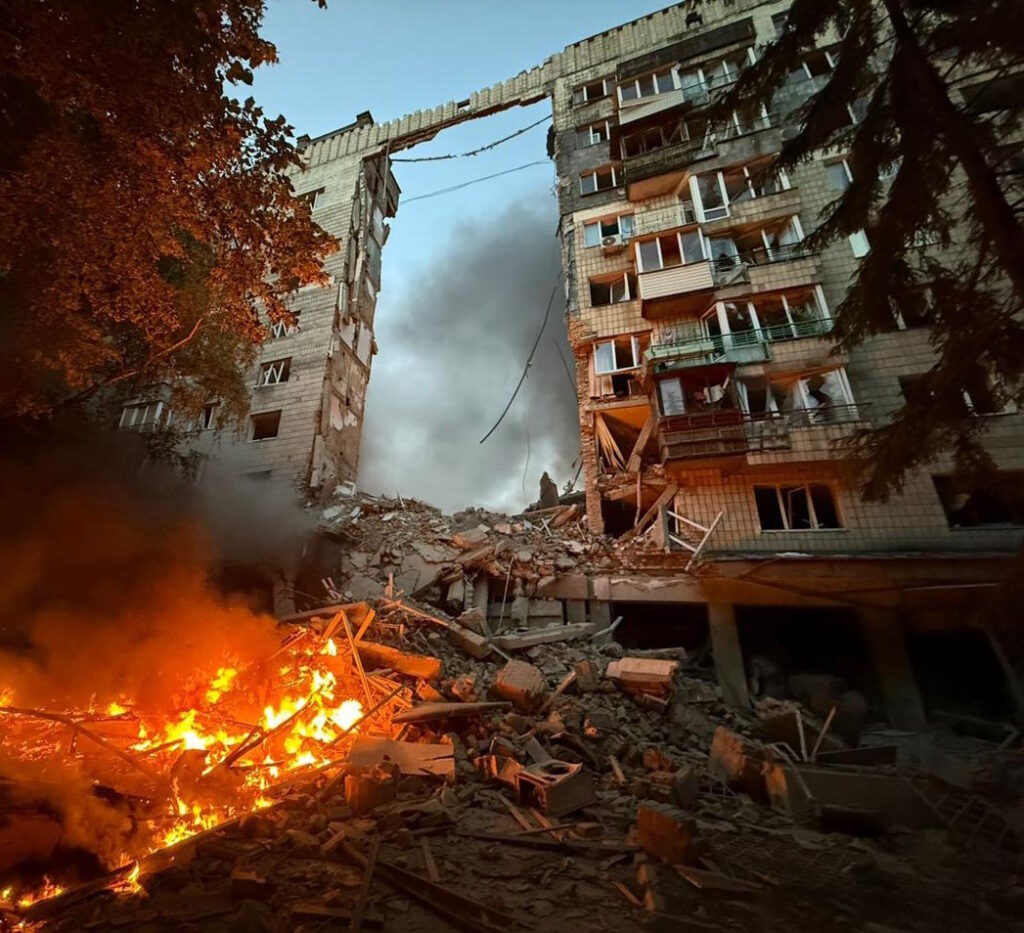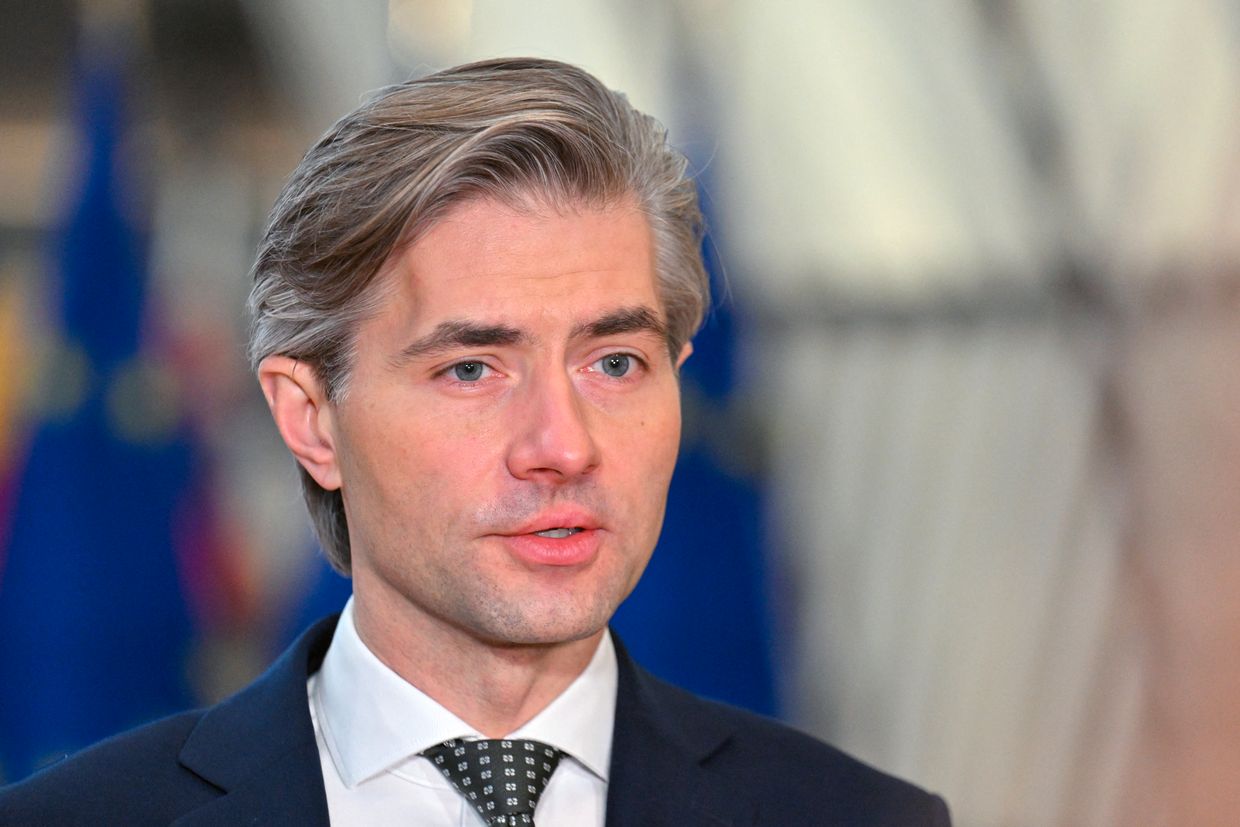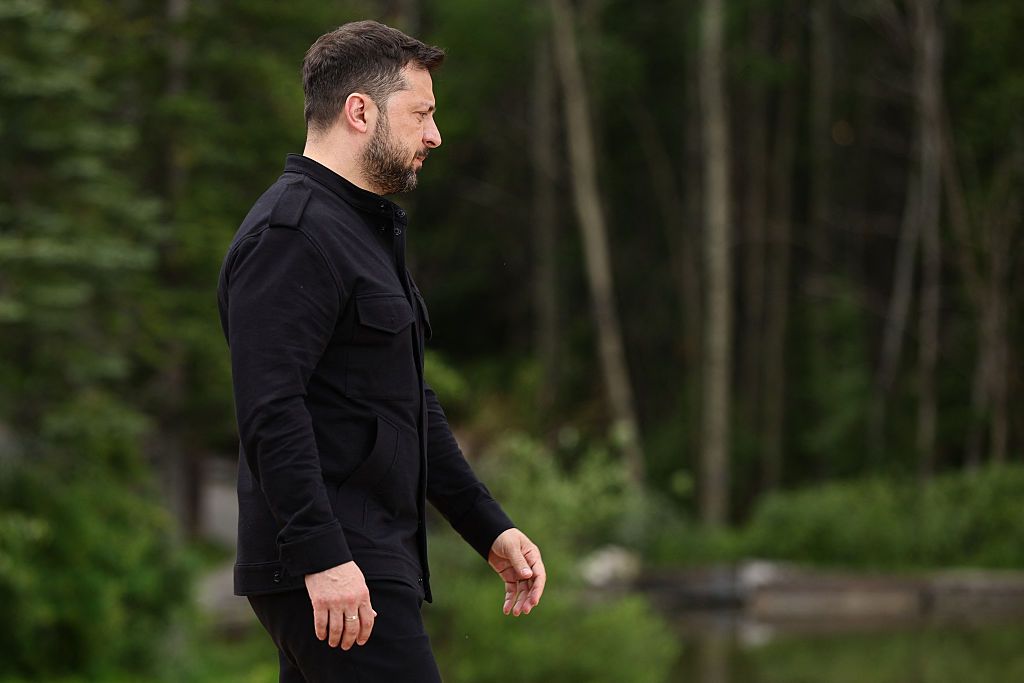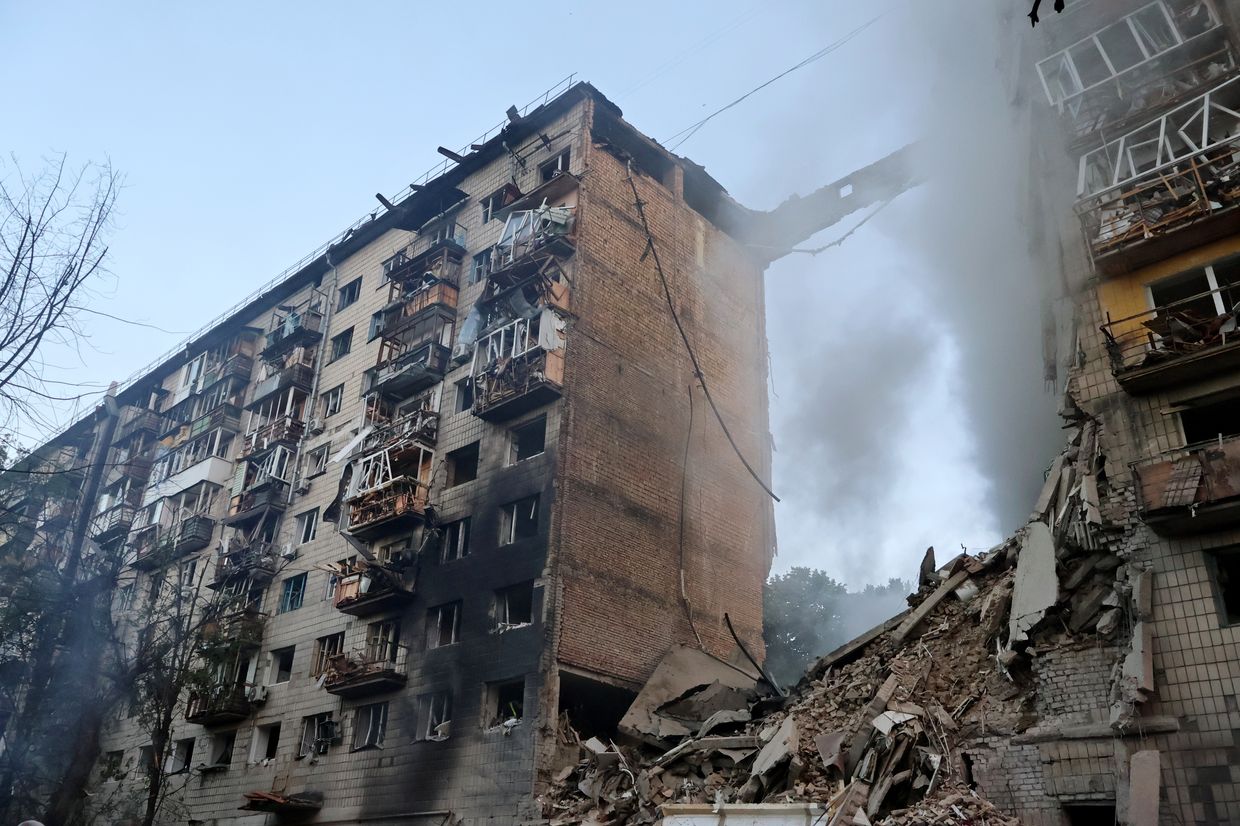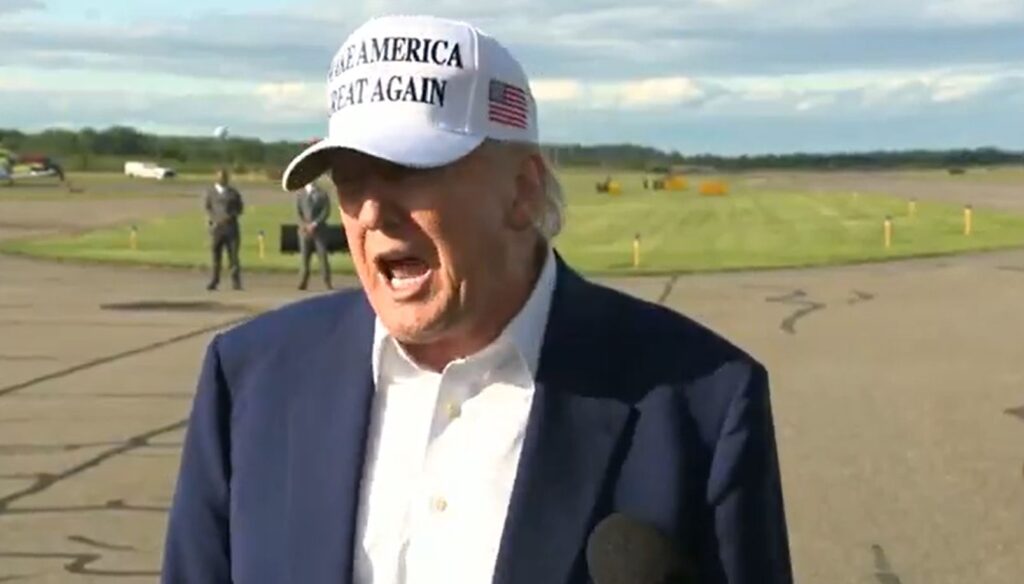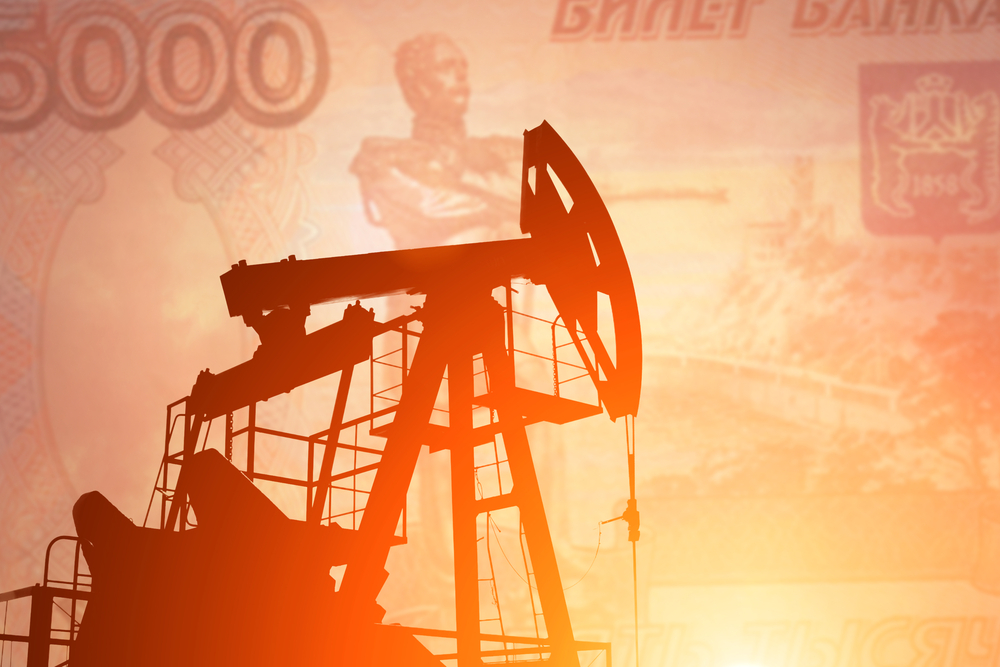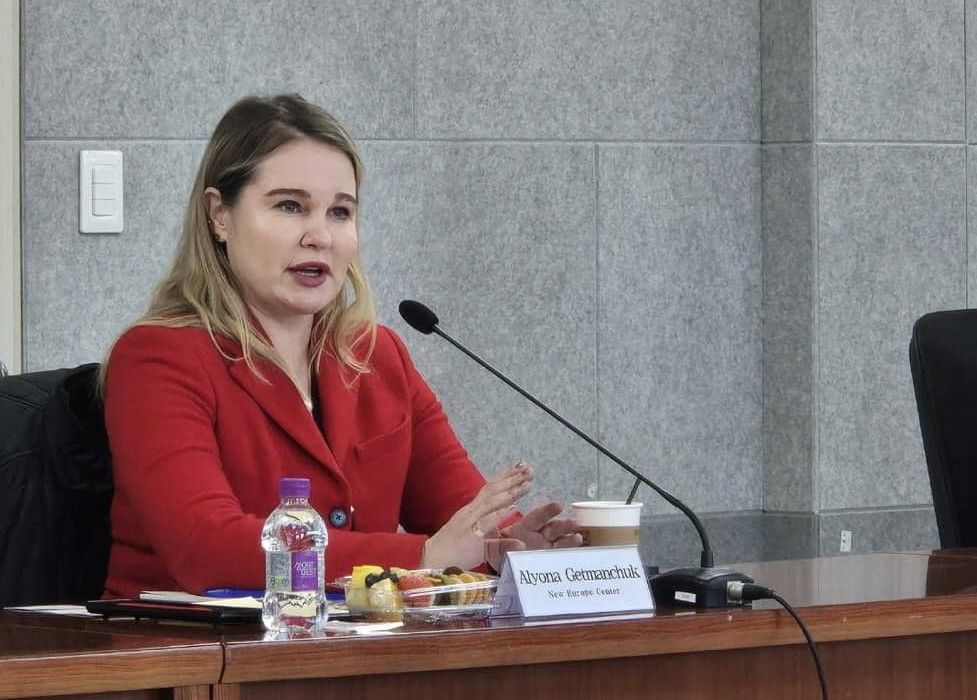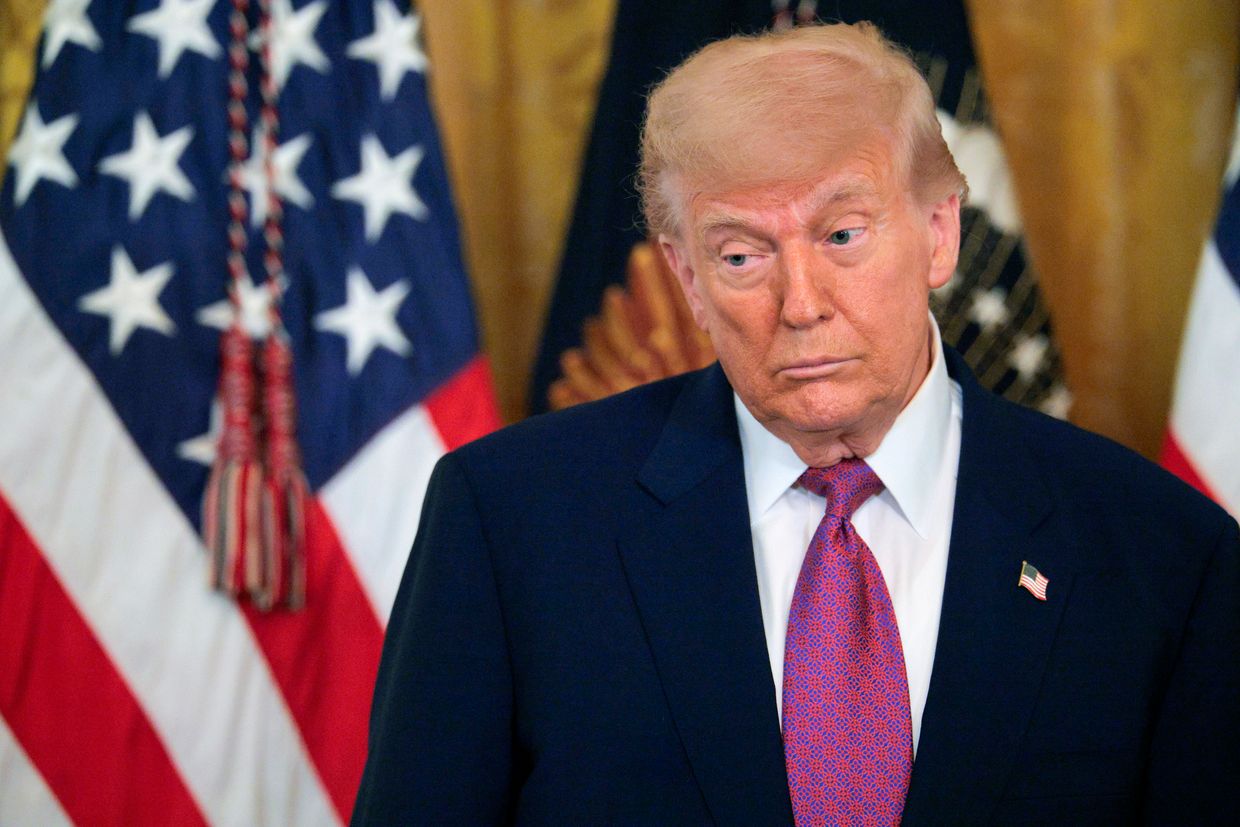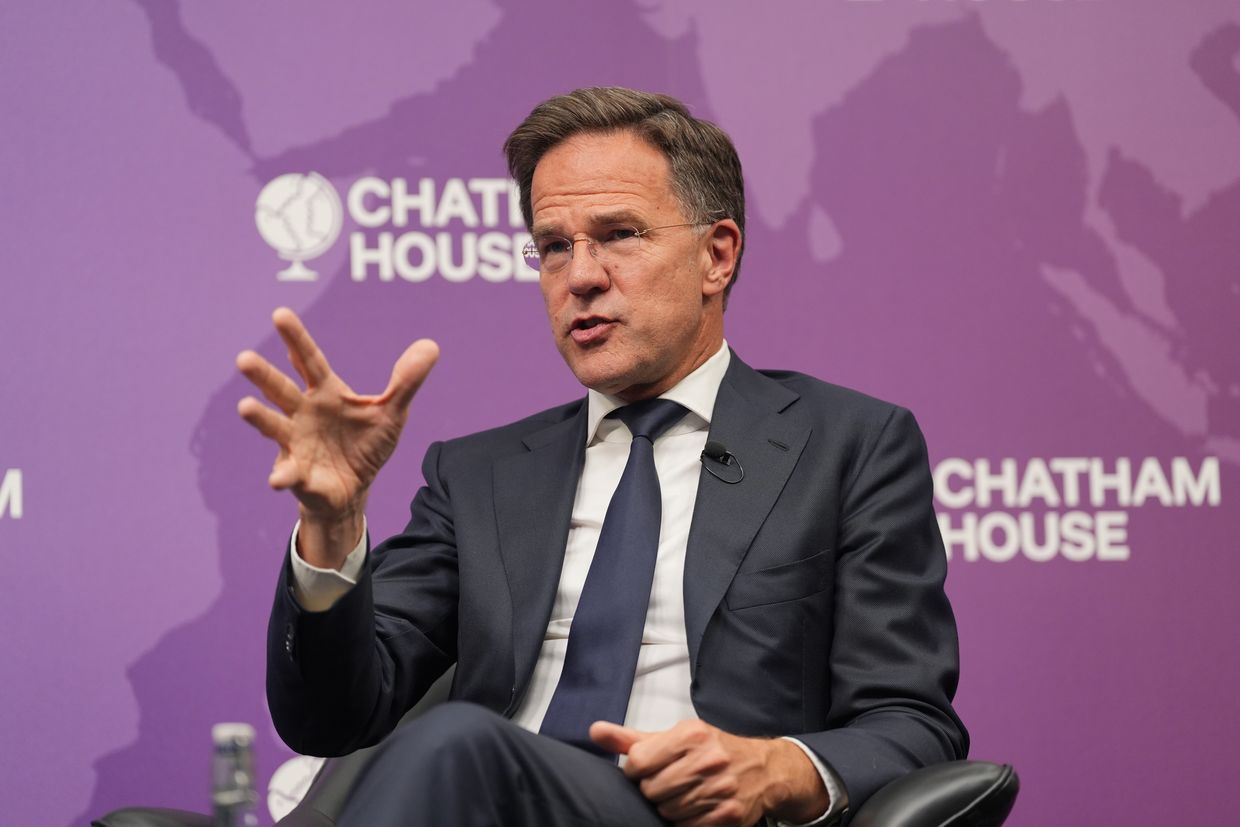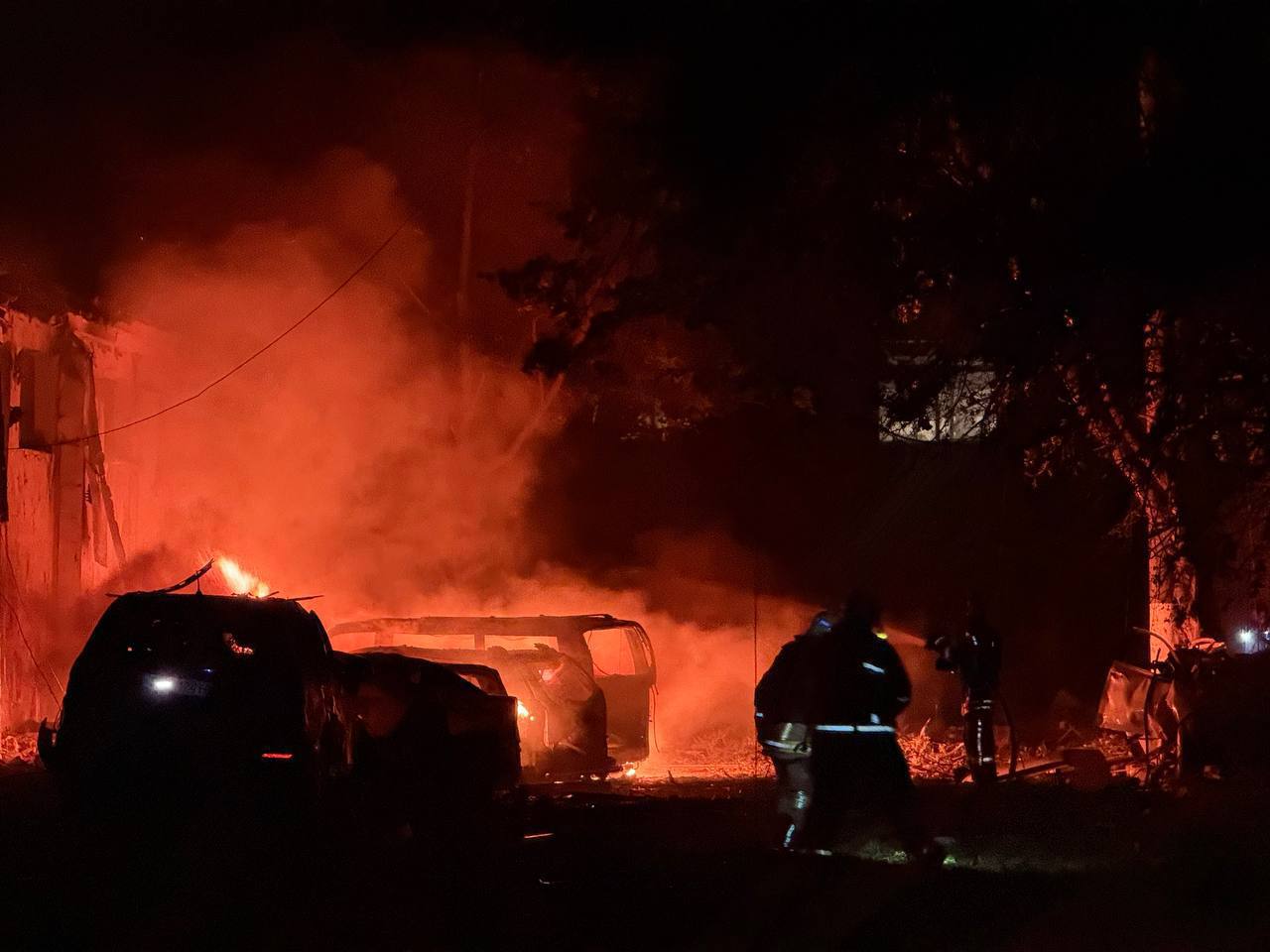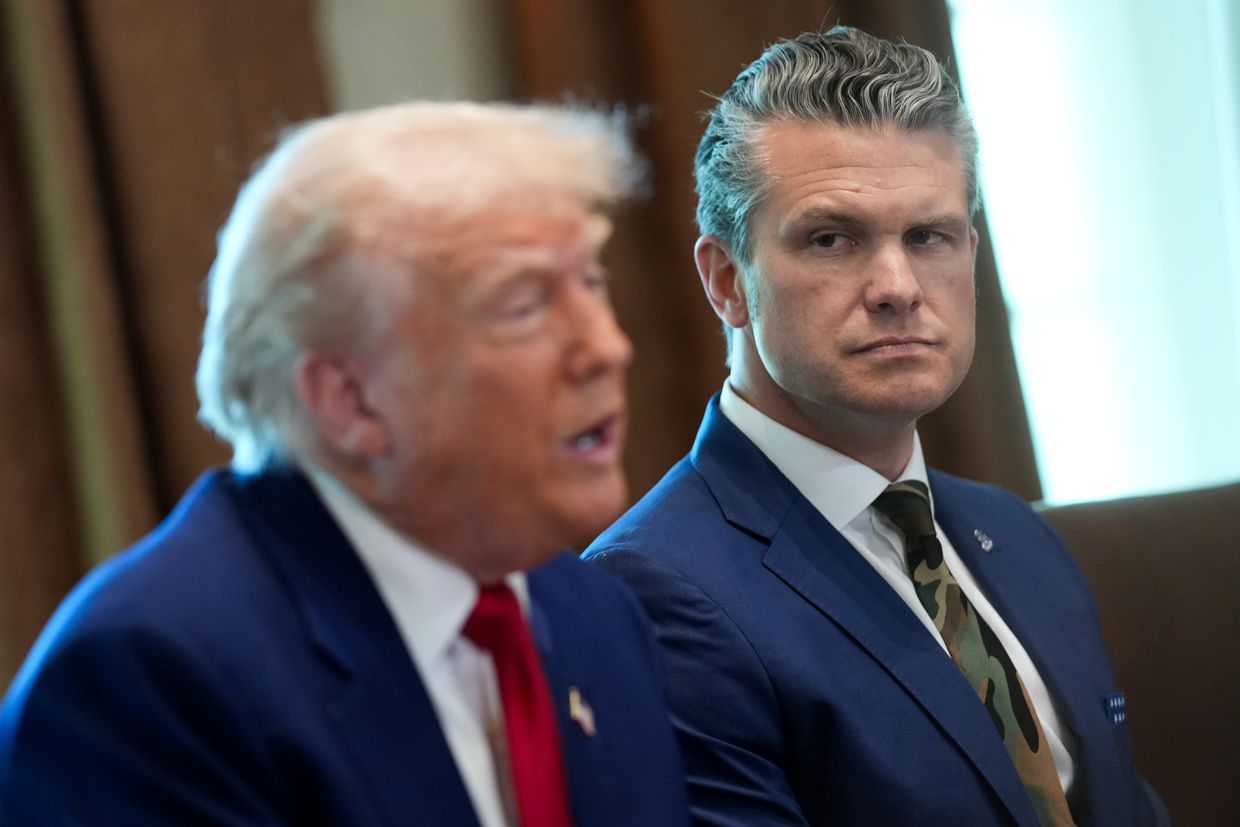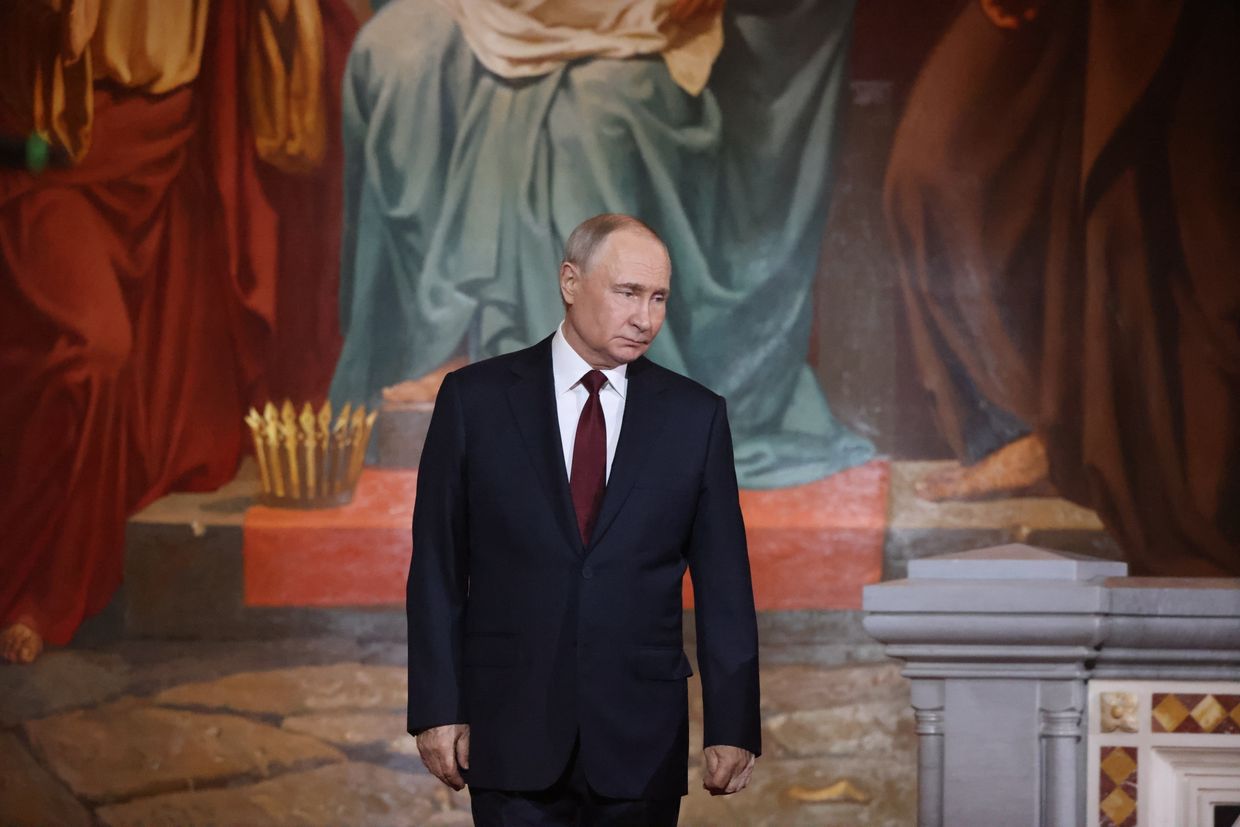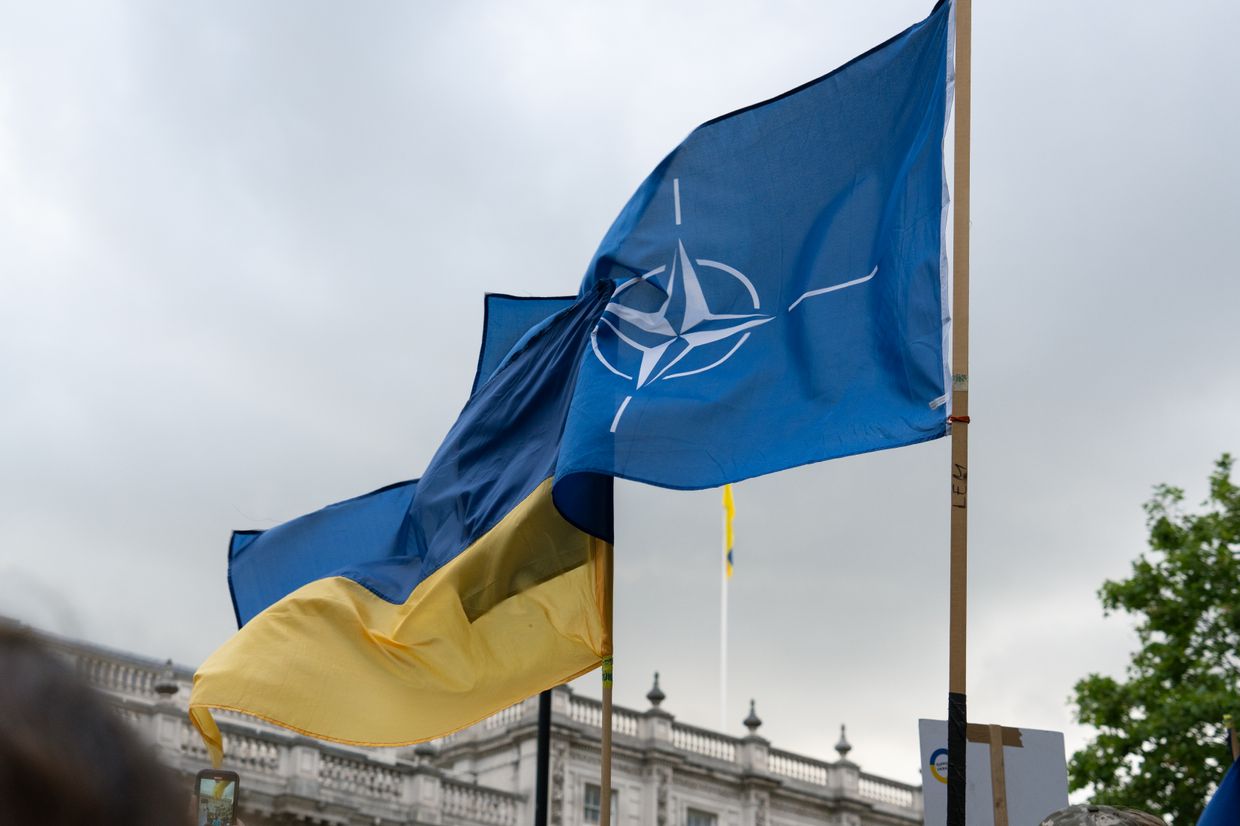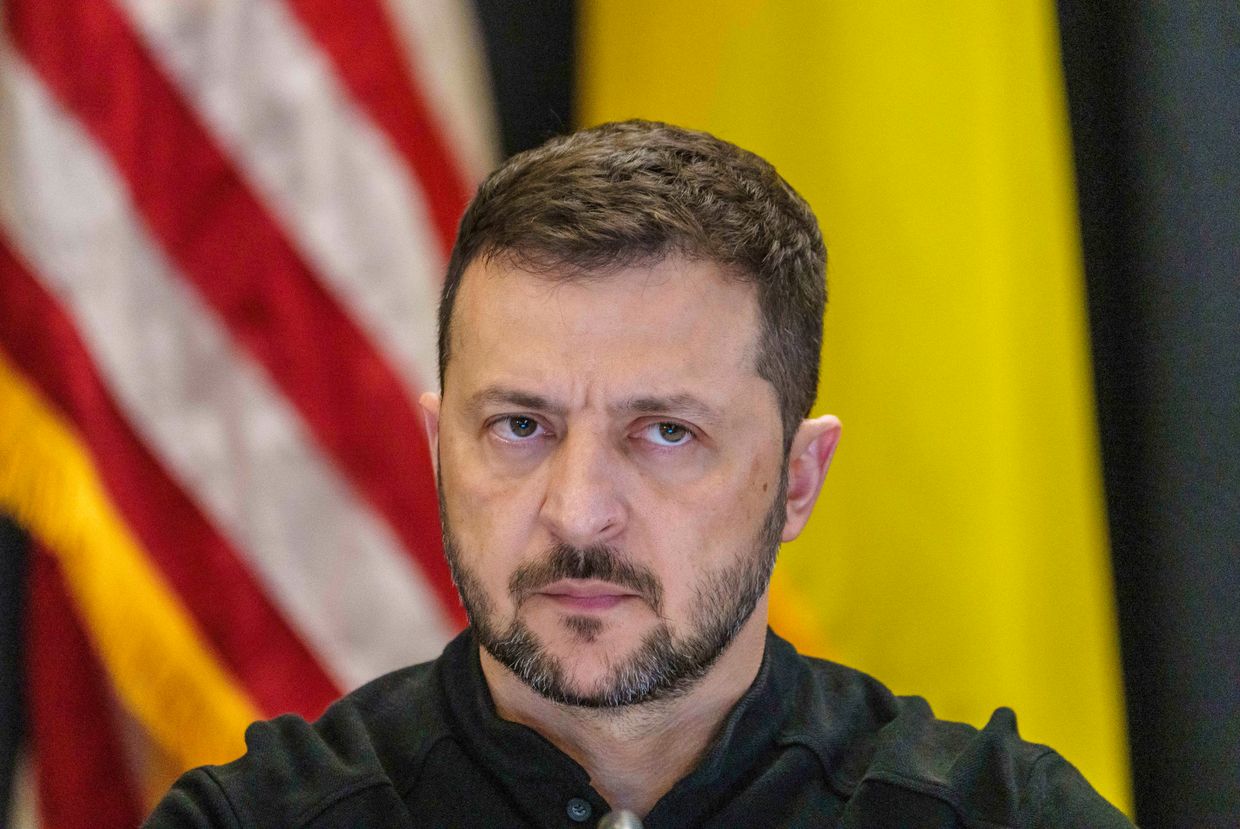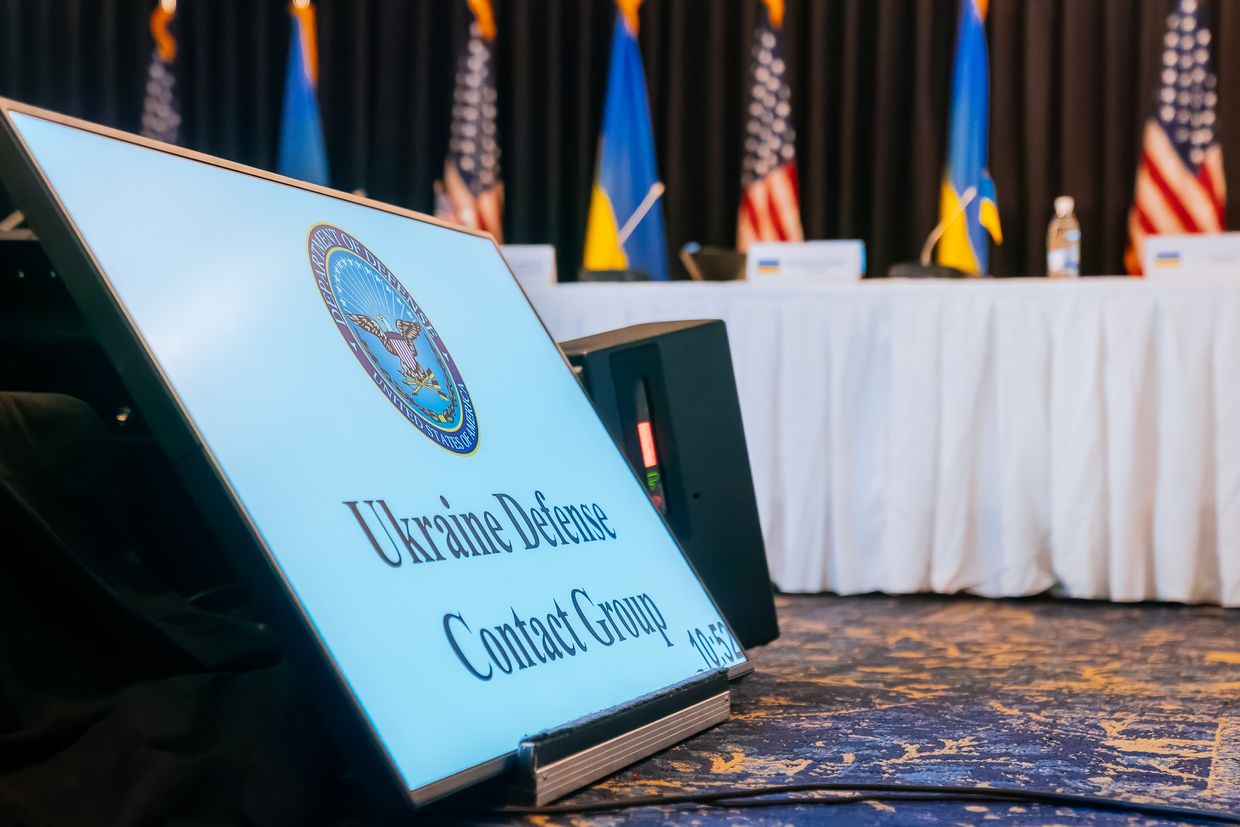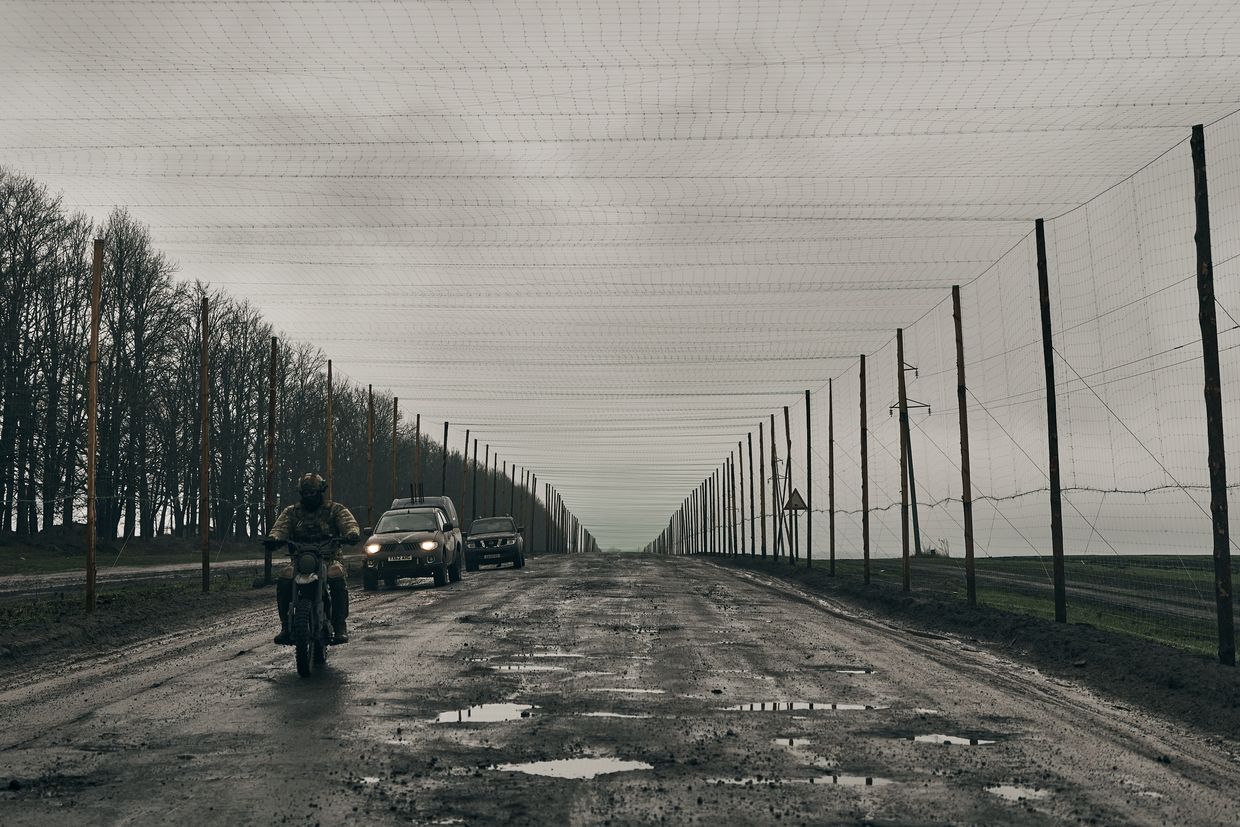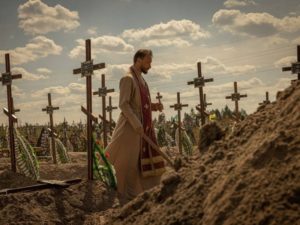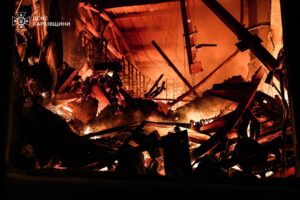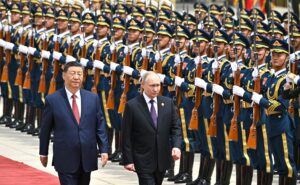The Times: Trump won’t meet Zelenskyy at the NATO summit—days after skipping him at the G7
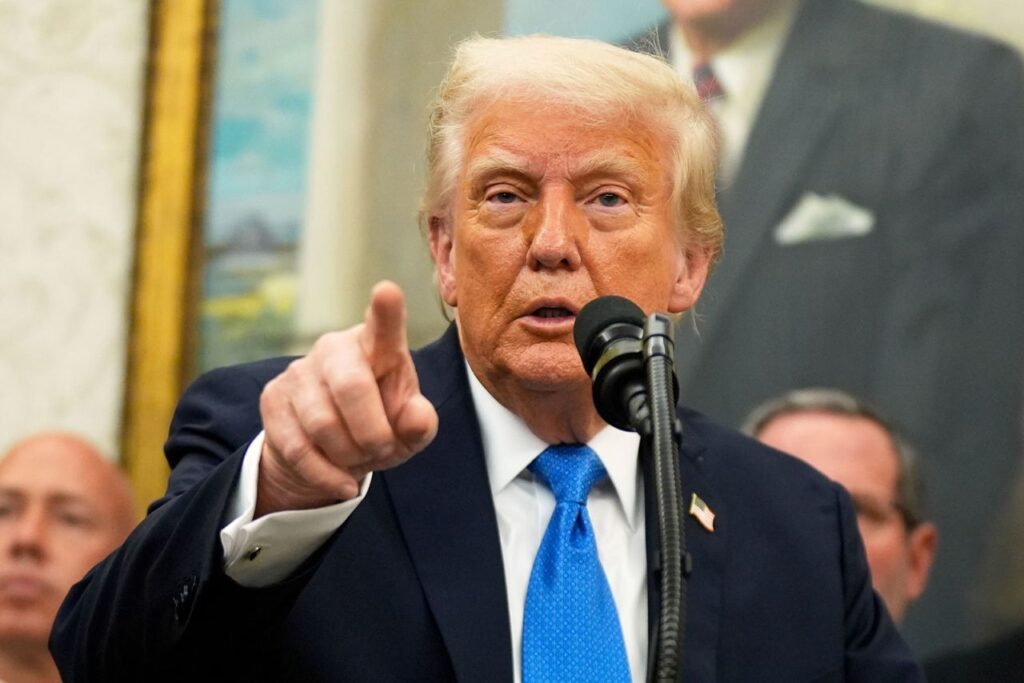
Next week’s Nato summit in The Hague will be significantly shortened to accommodate President Donald Trump’s short attention span — and a meeting with Ukrainian President Volodymyr Zelenskyy will be carefully avoided, The Times reports.
Nato format cut to single session
The 25 July summit will consist of just one 2.5-hour session, a major departure from NATO’s usual multi-session format. According to The Times, diplomats hope the streamlined event will reduce the risk of tension or unpredictability.
“It is about keeping the summit focused, short and sweet,” a diplomat told the paper. “Trump can be impatient and has — [he has] said it himself — a short attention span. The shorter the better.”
There will be no joint press conference between Trump and Nato Secretary-General Mark Rutte, and the summit’s final communiqué will be just five paragraphs, printed on a single sheet of paper.
Zelenskyy excluded from main talks
President Zelenskyy will be present in The Hague only for a leaders’ dinner on 24 June. He has not been invited to the main summit session, and no meeting of the NATO–Ukraine Council at the heads-of-state level is scheduled. Instead, he is expected to speak at a Defense Industry Forum on the sidelines.
Diplomatic sources suggest the decision aims to prevent any direct confrontation between Trump and Zelenskyy. While Euractiv and ANSA reported the US opposed Zelenskyy’s formal invitation, Secretary of State Marco Rubio has denied that claim.
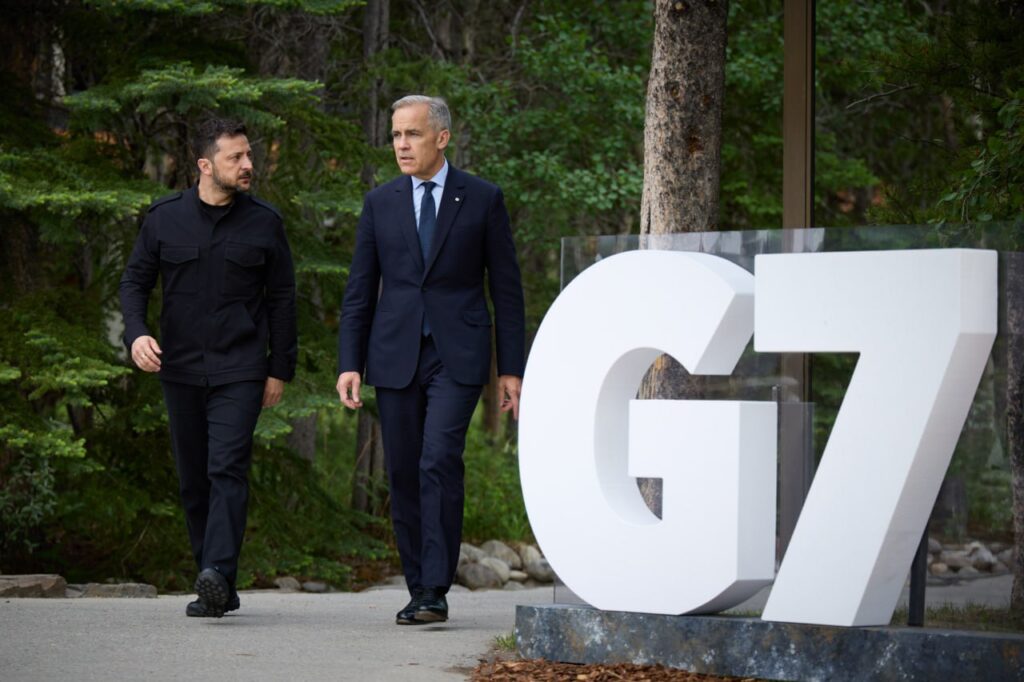
Ukraine dropped from final statement
Despite Ukraine’s long-standing bid to join the alliance, the country will neither be invited to join nor even mentioned in the final NATO communiqué, diplomatic sources told Radio Free Europe/Radio Liberty. The statement will label Russia as a “direct threat”, but omit any language about Ukraine’s future in the alliance.
Ukraine’s desire for NATO membership dates back to 2008, and its constitution enshrines the goal of joining. Yet even after three years of full-scale war against Russia, no formal steps toward membership are expected in The Hague.
“This issue is definitely not on NATO’s agenda, and there have been no expectations of an invitation in The Hague,” Lithuanian Foreign Minister Kęstutis Budrys told LRT.
Defence spending target to please Trump
The summit’s main goal will be agreement on a new defence spending target of 5% of GDP by 2032, with a review in 2029. The proposal includes 3.5% for core military budgets and 1.5% for defense-related spending.
The decision will be framed as a personal win for Trump, who has long demanded more spending from European allies.
“Keeping unity in the alliance is as much a priority as spending more on defence,” said EU foreign affairs chief Kaja Kallas.
Trump left G7 early, skipped meeting with Zelenskyy
The decision to avoid a Trump–Zelenskyy encounter at the NATO summit follows a similar scene just days earlier. Trump abruptly left the G7 summit in Canada, skipping a planned meeting with Zelenskyy.
According to The Guardian, Trump exited early, “citing the Israel‑Iran conflict.” Reuters reported that Zelenskyy was denied a meeting with his most powerful ally, leaving the Ukrainian side frustrated and empty-handed after the gathering.
